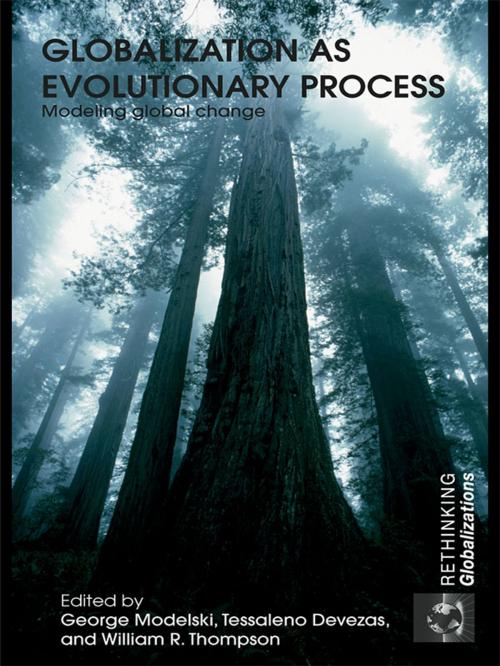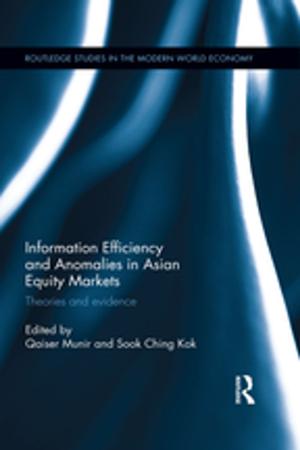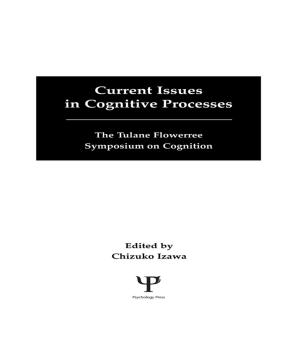Globalization as Evolutionary Process
Modeling Global Change
Nonfiction, Social & Cultural Studies, Political Science, International, International Relations| Author: | ISBN: | 9781135977634 | |
| Publisher: | Taylor and Francis | Publication: | December 20, 2007 |
| Imprint: | Routledge | Language: | English |
| Author: | |
| ISBN: | 9781135977634 |
| Publisher: | Taylor and Francis |
| Publication: | December 20, 2007 |
| Imprint: | Routledge |
| Language: | English |
The term globalization has gained widespread popularity; yet most treatments are either descriptive and/or focused on changes in economic interconnectivity. In this volume the concept is seen in broader terms as leading international experts from a range of disciplines develop a long-term analysis to address the problems of globalization.
The editors and contributors develop a framework for understanding the origins and trajectory of contemporary world trends, constructing testable and verifiable models of globalization. They demonstrate how the evolutionary approach allows us to view globalization as an enterprise of the human species as a whole focusing on the analytical problem of global change and the rules governing those changes. The emphasis is not on broad-based accounts of the course of world affairs but, selectively, on processes that reshape the social of the human species, the making of world opinion and the innovations that animate these developments.
Chapters are clustered into four foci. One emphasizes the interpretation of globalization as an explicitly evolutionary process. A second looks at historical sequences of such phenomena as population growth or imperial rise and decline as processes that can be modeled and not purely described. The third cluster examines ongoing changes in economic processes, especially information technology. A final cluster takes on some of the challenges associated with forecasting and simulating the complexities of globalization processes.
This innovative and important volume will be of interest to students and scholars across the social sciences concerned with the phenomenon of globalization.
The term globalization has gained widespread popularity; yet most treatments are either descriptive and/or focused on changes in economic interconnectivity. In this volume the concept is seen in broader terms as leading international experts from a range of disciplines develop a long-term analysis to address the problems of globalization.
The editors and contributors develop a framework for understanding the origins and trajectory of contemporary world trends, constructing testable and verifiable models of globalization. They demonstrate how the evolutionary approach allows us to view globalization as an enterprise of the human species as a whole focusing on the analytical problem of global change and the rules governing those changes. The emphasis is not on broad-based accounts of the course of world affairs but, selectively, on processes that reshape the social of the human species, the making of world opinion and the innovations that animate these developments.
Chapters are clustered into four foci. One emphasizes the interpretation of globalization as an explicitly evolutionary process. A second looks at historical sequences of such phenomena as population growth or imperial rise and decline as processes that can be modeled and not purely described. The third cluster examines ongoing changes in economic processes, especially information technology. A final cluster takes on some of the challenges associated with forecasting and simulating the complexities of globalization processes.
This innovative and important volume will be of interest to students and scholars across the social sciences concerned with the phenomenon of globalization.















